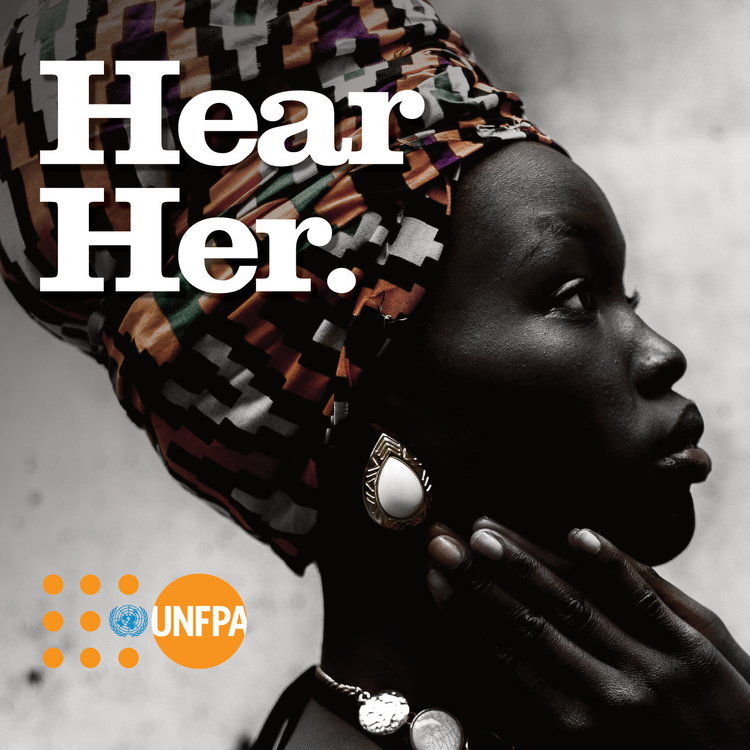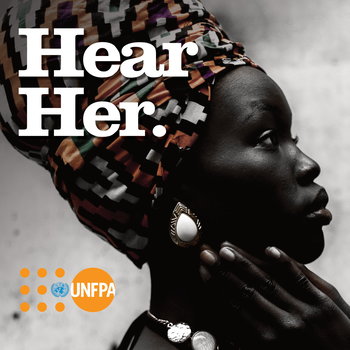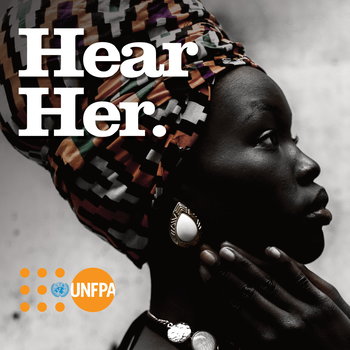
Comprehensive Sexuality Education: Empowering Youth for a Healthier Future
Loading player...
In this episode, we delve into the critical role of Comprehensive Sexuality Education (CSE) in addressing sexual and reproductive health issues among young people in Eastern and Southern Africa. The conversation features insights from UNFPA representatives, government officials, civil society organisations, and youth advocates, who share their experiences and strategies for effectively implementing CSE programs in the region.
Key Points:
- Essential Components of CSE: The episode explores the fundamental elements of effective CSE, which include providing scientifically accurate information, promoting gender equality, encouraging healthy attitudes and behaviours, and imparting essential life skills. The importance of making CSE age-appropriate, culturally relevant, and adaptable to different contexts is also emphasised.
- Delivery Modalities: We discuss the various ways in which CSE can be delivered, including through in-school curricula, community-based programs, and digital platforms. The flexibility in delivery is key to reaching diverse groups of young people and ensuring that they receive the education they need.
- Challenges and Resistance: The discussion highlights the opposition and resistance often encountered in implementing CSE, stemming from misconceptions and external influences. Participants share their experiences in navigating these challenges and stress the importance of engaging with stakeholders, including parents, community leaders, and religious groups, to build support for CSE initiatives.
- Intersectionality of CSE: The episode touches on the broader context in which CSE operates, exploring its intersection with issues like climate change, economic challenges, and the need for accountability and youth leadership. The participants emphasise that CSE is not just about sexual and reproductive health, but also about empowering young people to navigate complex societal issues.
- Inclusivity and Accessibility: Ensuring that no young person is left behind is a key theme in this discussion. The participants advocate for CSE programs that are inclusive and accessible to all, including marginalised groups, and stress the importance of tailoring programs to meet the needs of diverse populations.
- Youth Leadership and Accountability: The importance of youth leadership in the design and implementation of CSE programs is underscored, along with the need for accountability mechanisms to ensure that these programs effectively address the needs of young people.
The episode concludes with a discussion on the critical role of CSE in promoting sexual and reproductive health and rights, empowering young people, and contributing to the overall development of nations in the Eastern and Southern African region. The participants call for continued advocacy and collaboration to overcome challenges and ensure that CSE reaches all who need it.
Key Points:
- Essential Components of CSE: The episode explores the fundamental elements of effective CSE, which include providing scientifically accurate information, promoting gender equality, encouraging healthy attitudes and behaviours, and imparting essential life skills. The importance of making CSE age-appropriate, culturally relevant, and adaptable to different contexts is also emphasised.
- Delivery Modalities: We discuss the various ways in which CSE can be delivered, including through in-school curricula, community-based programs, and digital platforms. The flexibility in delivery is key to reaching diverse groups of young people and ensuring that they receive the education they need.
- Challenges and Resistance: The discussion highlights the opposition and resistance often encountered in implementing CSE, stemming from misconceptions and external influences. Participants share their experiences in navigating these challenges and stress the importance of engaging with stakeholders, including parents, community leaders, and religious groups, to build support for CSE initiatives.
- Intersectionality of CSE: The episode touches on the broader context in which CSE operates, exploring its intersection with issues like climate change, economic challenges, and the need for accountability and youth leadership. The participants emphasise that CSE is not just about sexual and reproductive health, but also about empowering young people to navigate complex societal issues.
- Inclusivity and Accessibility: Ensuring that no young person is left behind is a key theme in this discussion. The participants advocate for CSE programs that are inclusive and accessible to all, including marginalised groups, and stress the importance of tailoring programs to meet the needs of diverse populations.
- Youth Leadership and Accountability: The importance of youth leadership in the design and implementation of CSE programs is underscored, along with the need for accountability mechanisms to ensure that these programs effectively address the needs of young people.
The episode concludes with a discussion on the critical role of CSE in promoting sexual and reproductive health and rights, empowering young people, and contributing to the overall development of nations in the Eastern and Southern African region. The participants call for continued advocacy and collaboration to overcome challenges and ensure that CSE reaches all who need it.


